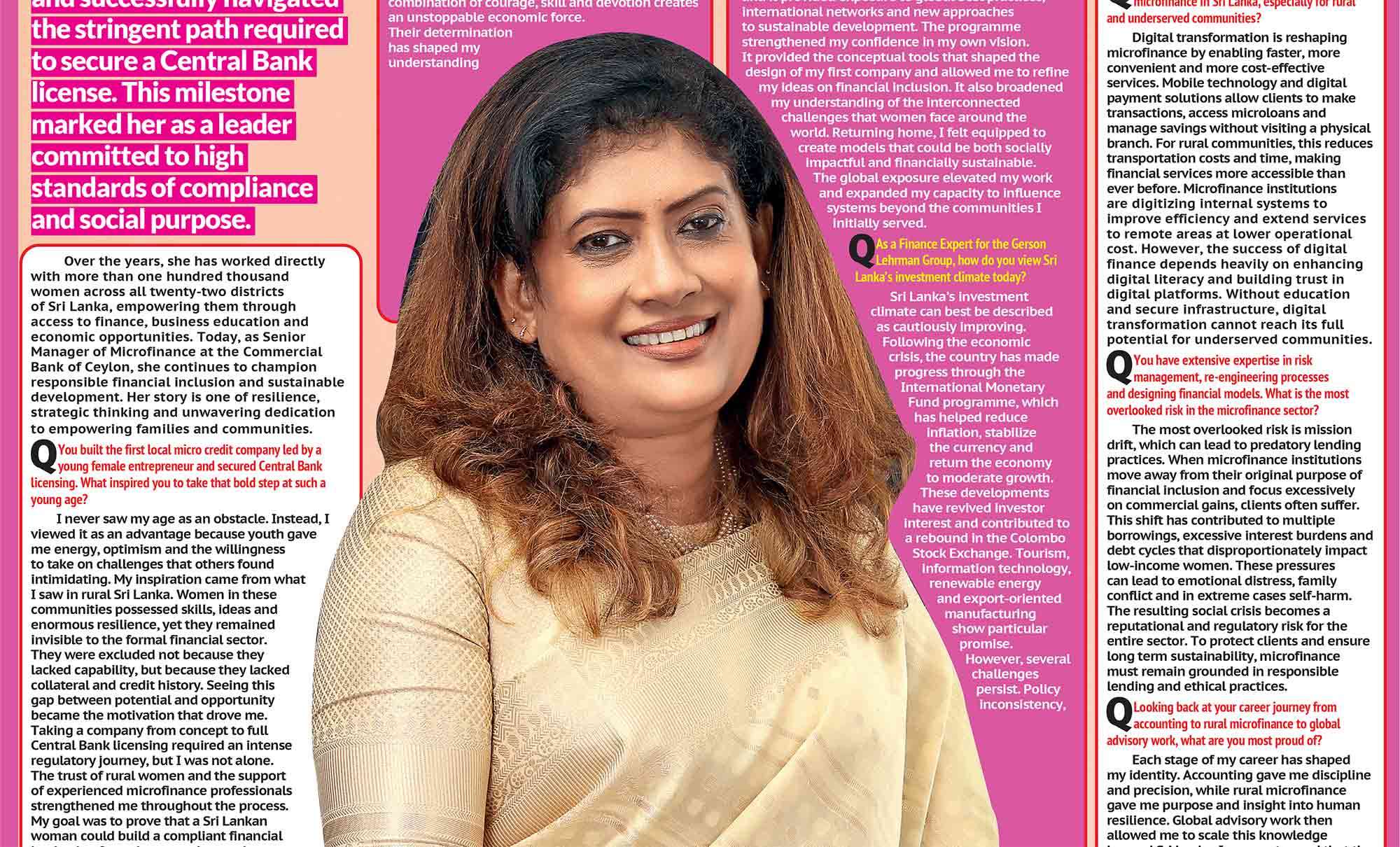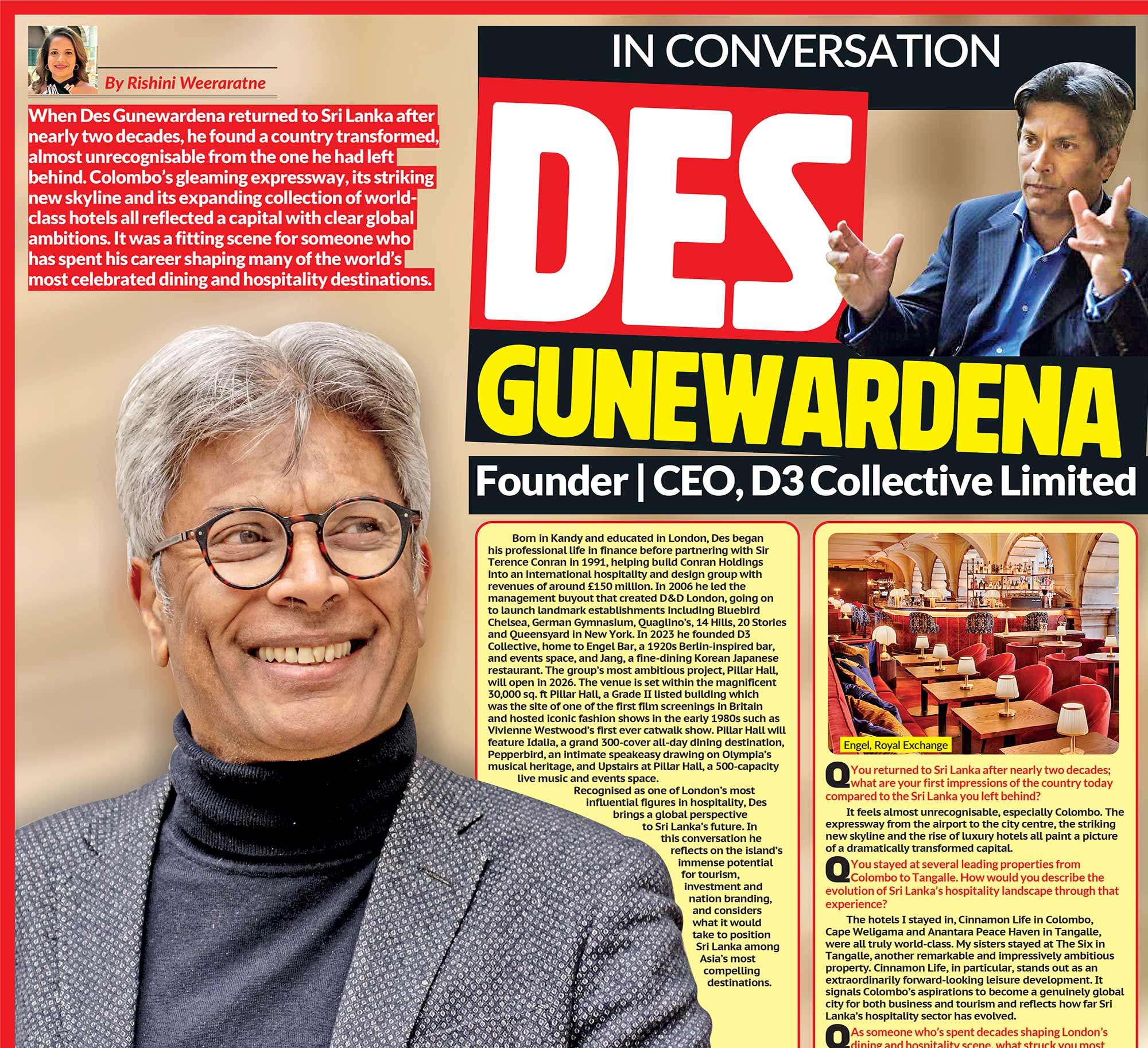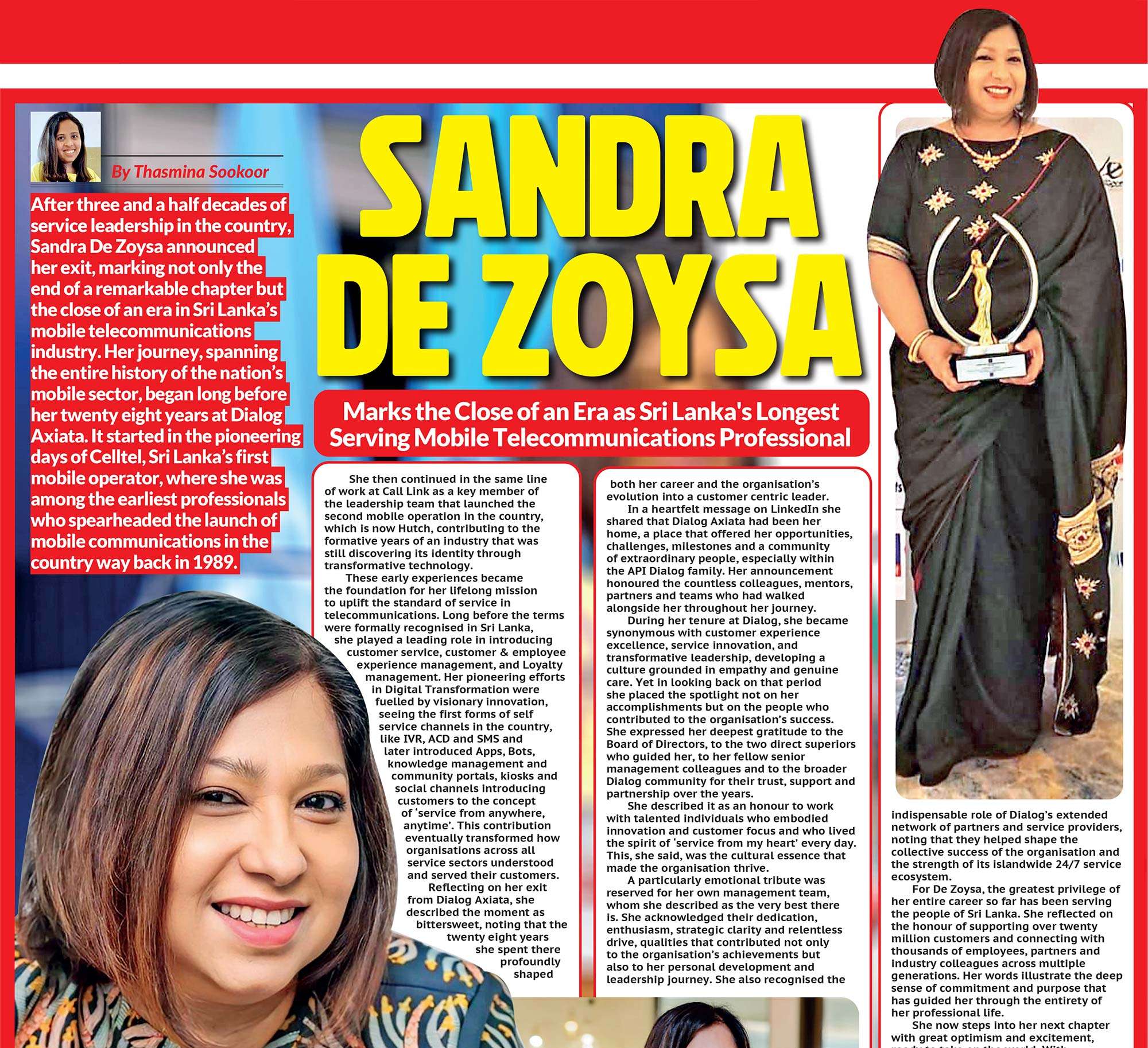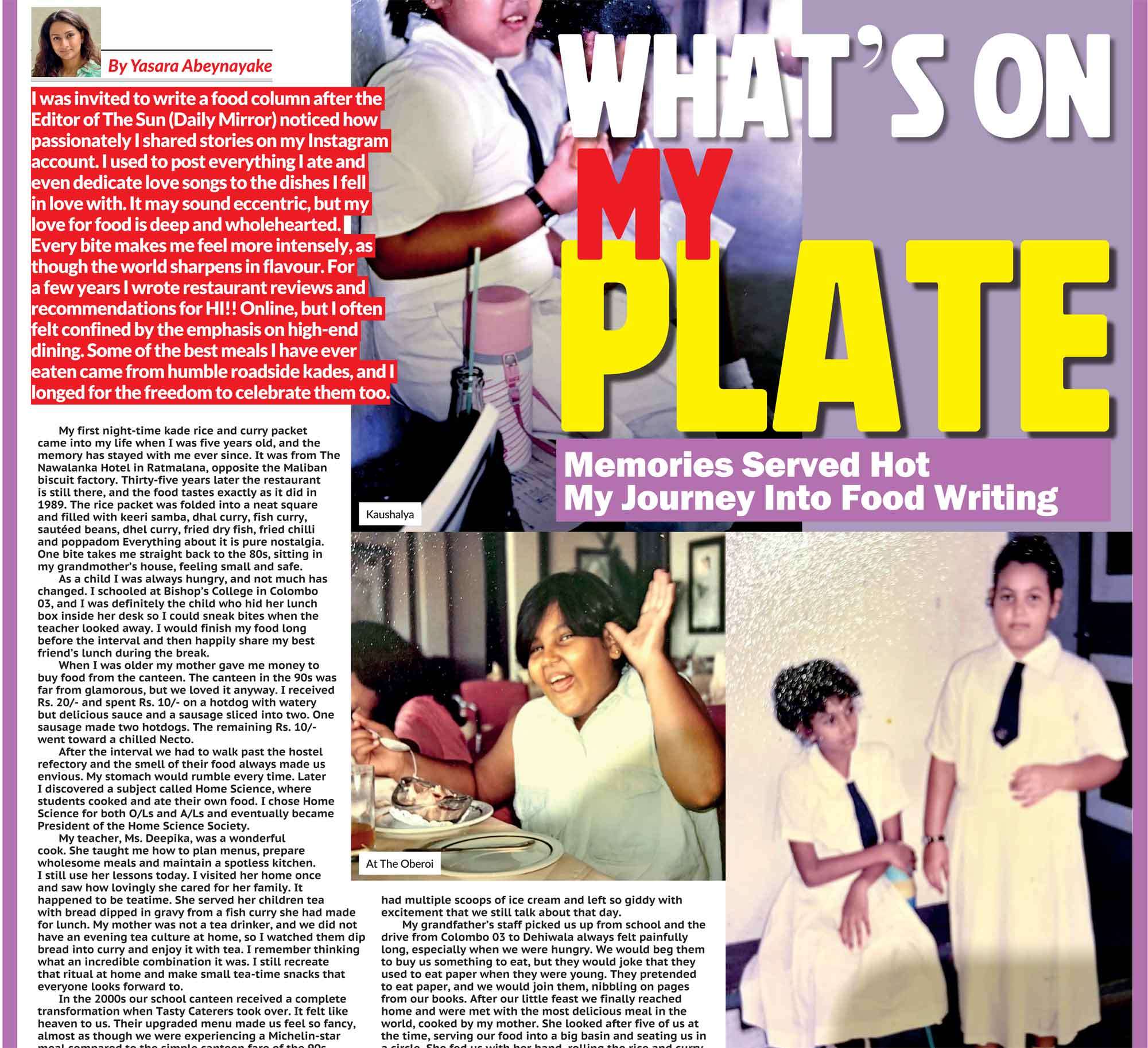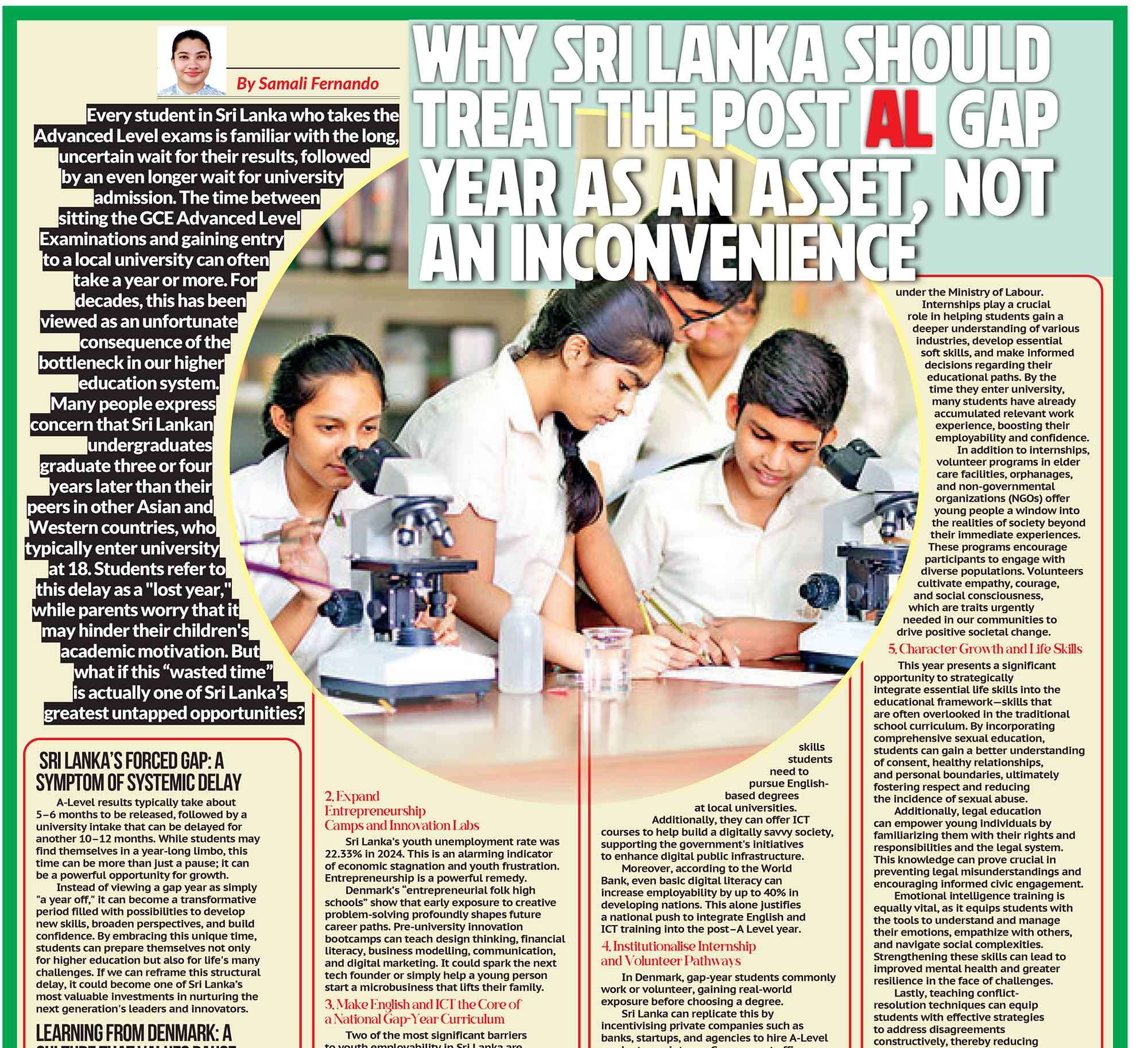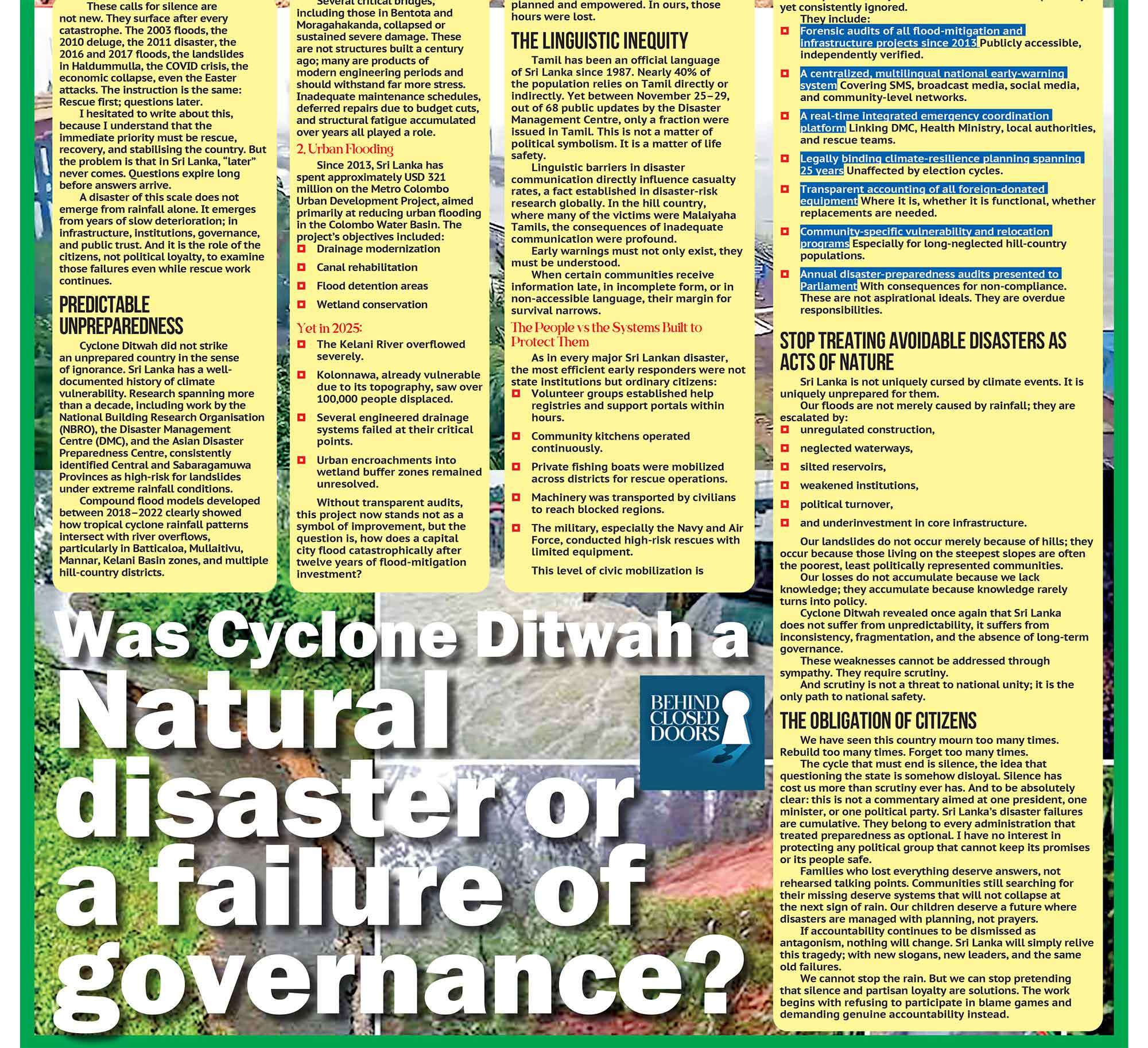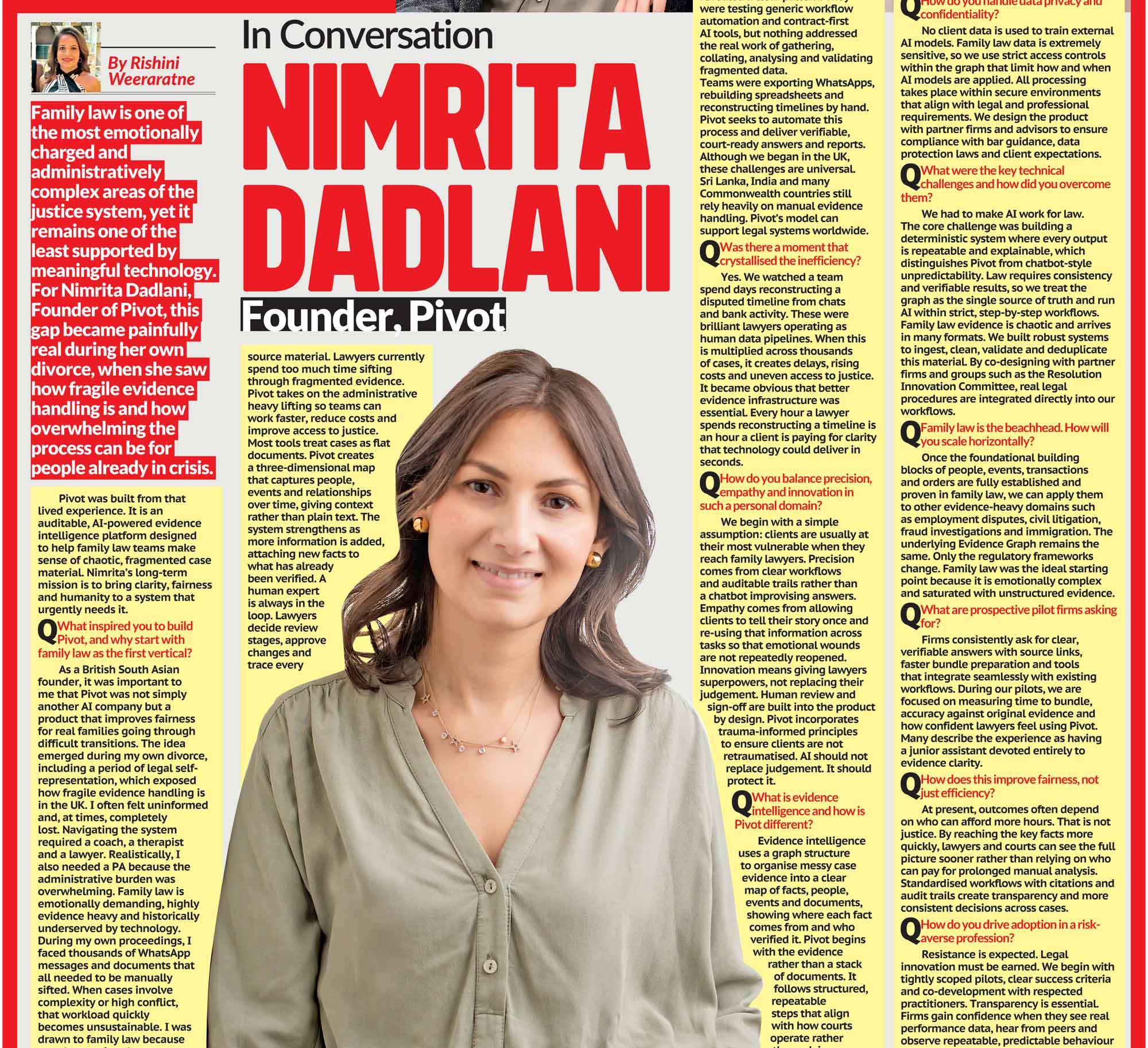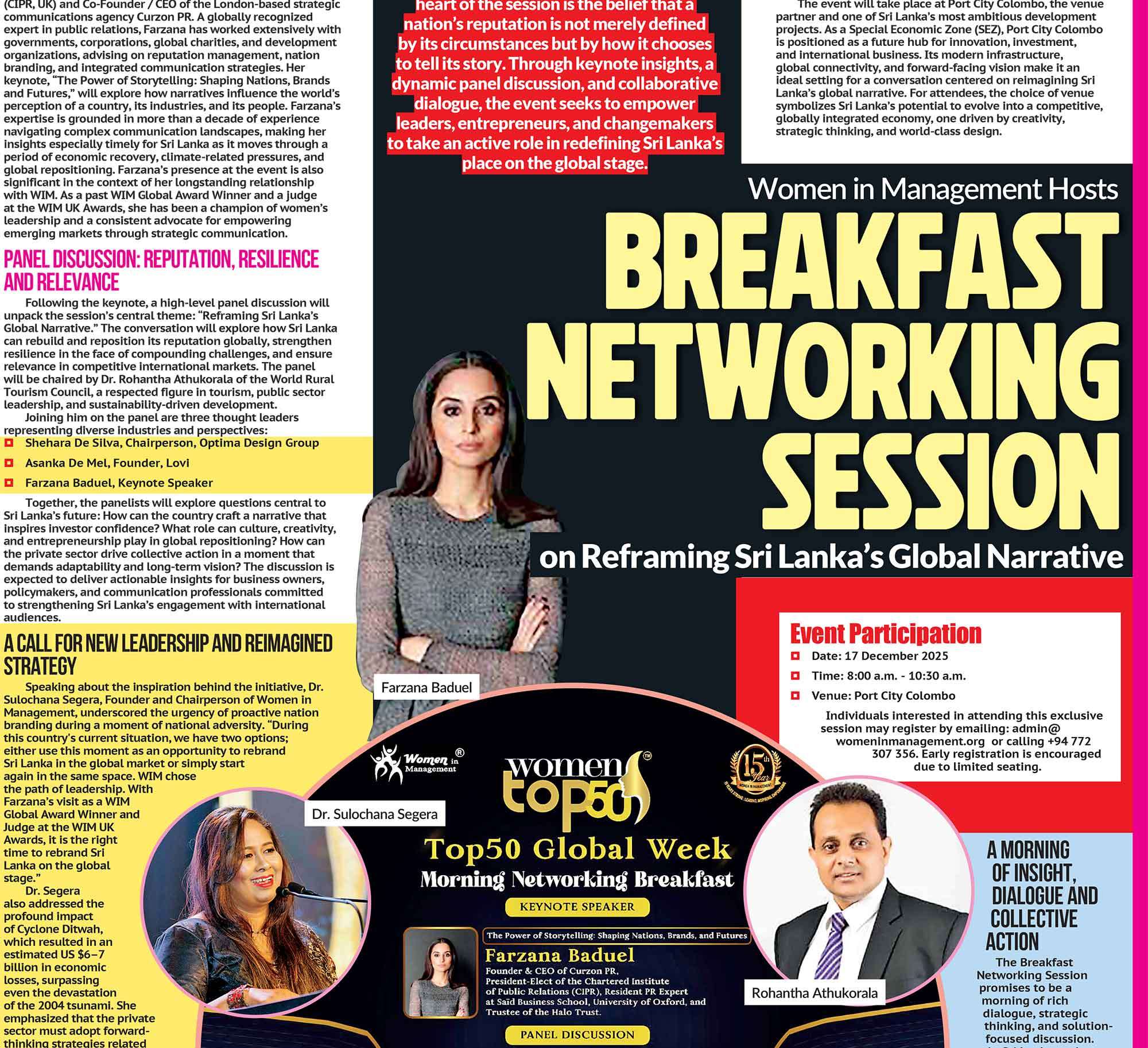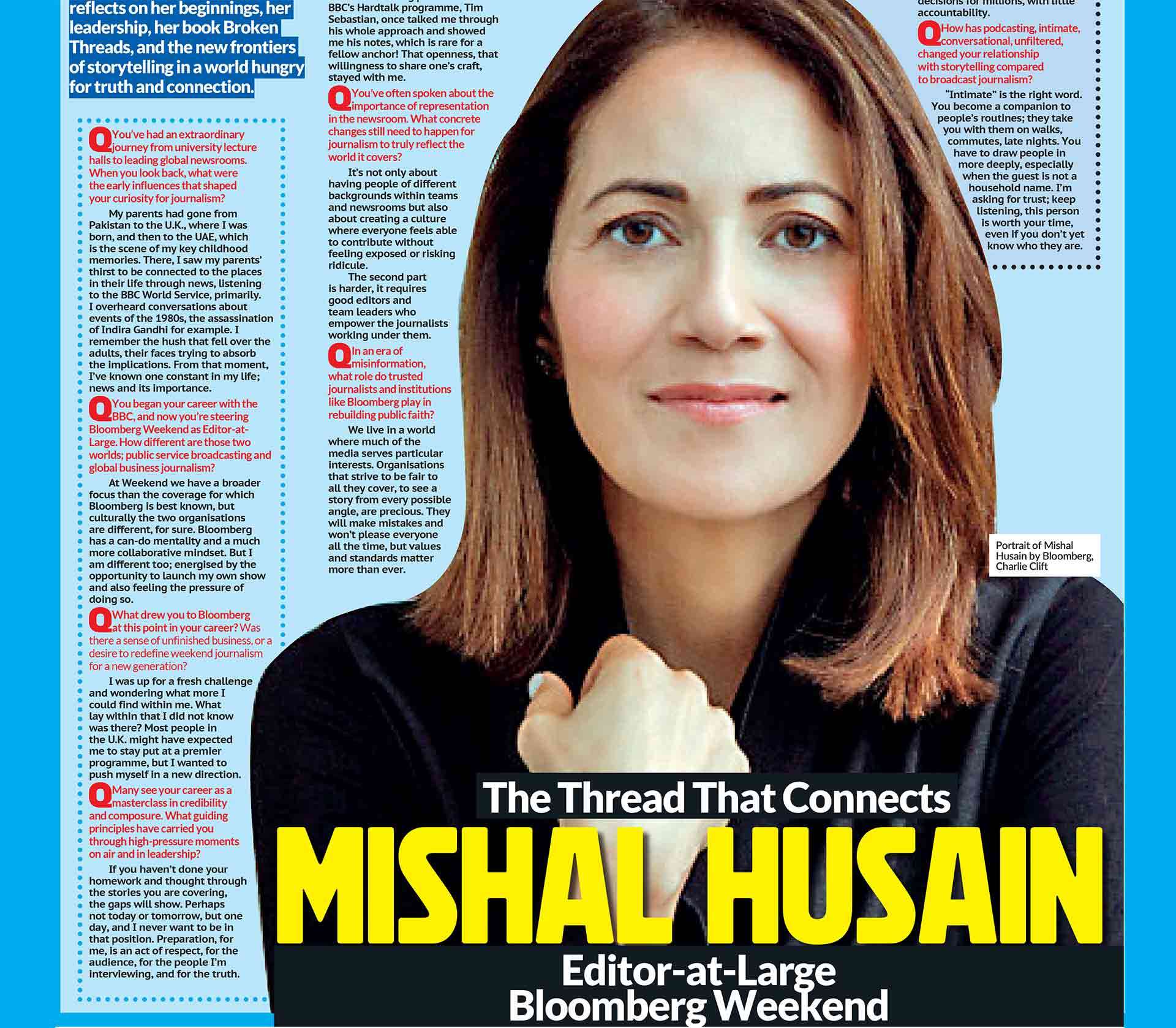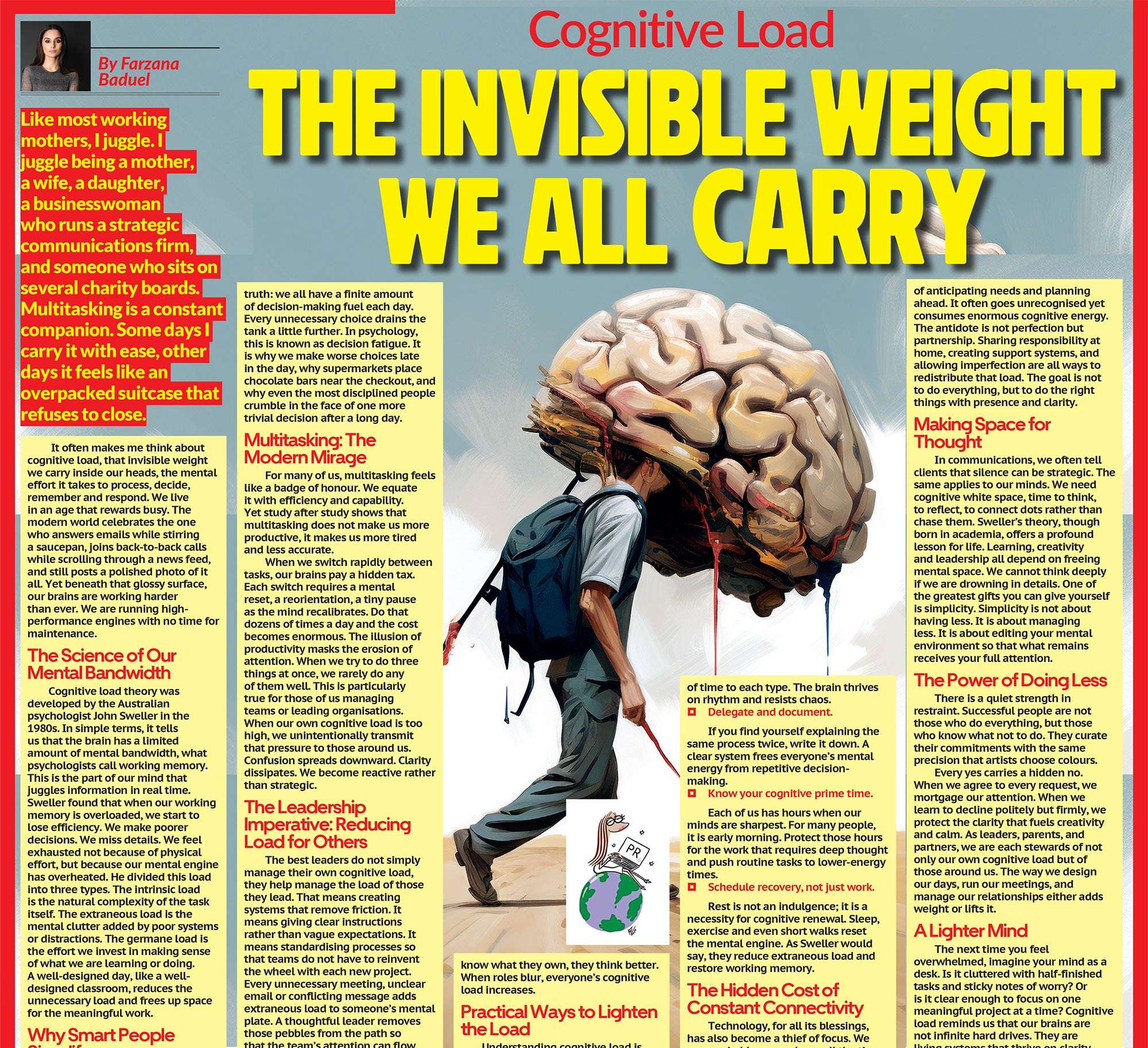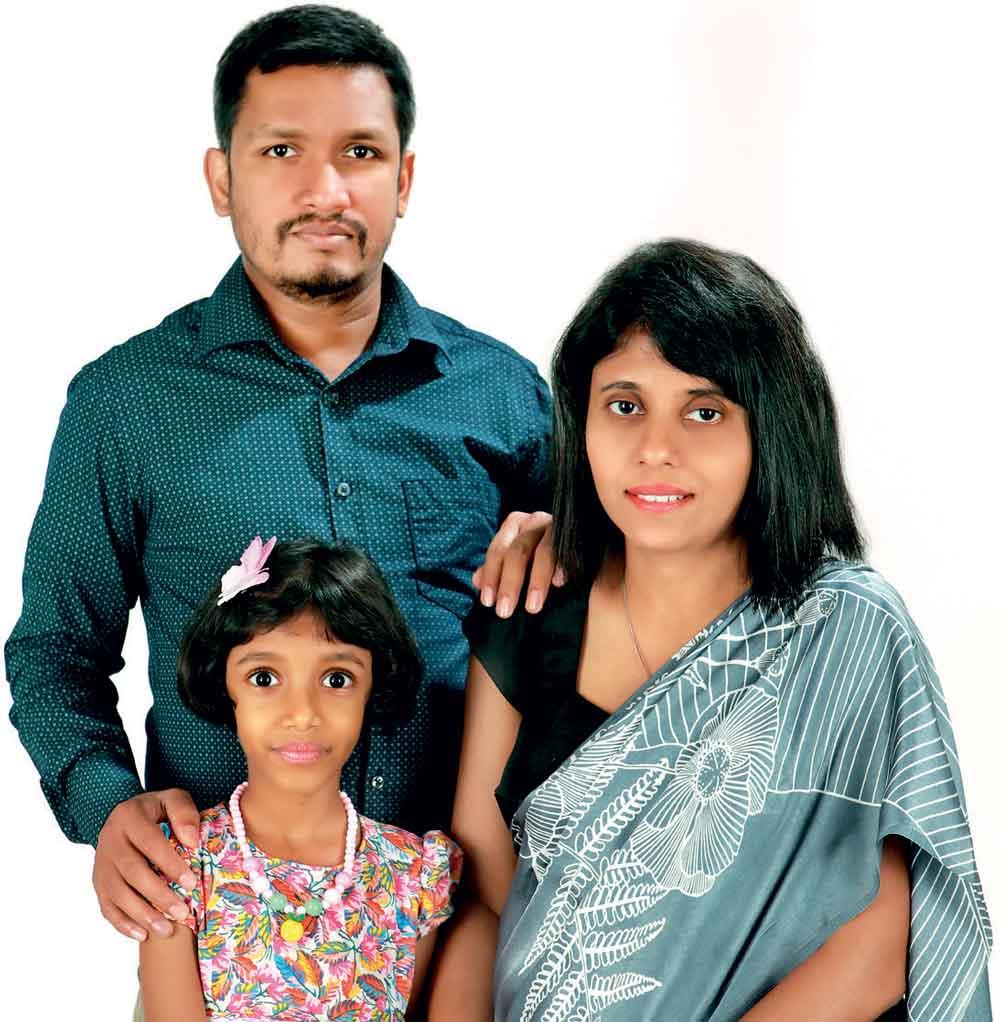
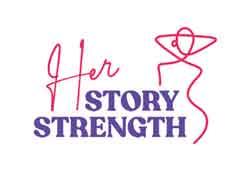 With over fifteen years of experience across public service, civil society, and legal practice, Attorney-at-Law, Chandima Dunuwila, has established herself as a passionate advocate for justice, peacebuilding, and the protection of vulnerable communities in Sri Lanka. She has served as Assistant Director of Law Enforcement at the National Child Protection Authority and contributed to institutions like the Office on Missing Persons, NGOs, and international development projects promoting reconciliation and social cohesion.
With over fifteen years of experience across public service, civil society, and legal practice, Attorney-at-Law, Chandima Dunuwila, has established herself as a passionate advocate for justice, peacebuilding, and the protection of vulnerable communities in Sri Lanka. She has served as Assistant Director of Law Enforcement at the National Child Protection Authority and contributed to institutions like the Office on Missing Persons, NGOs, and international development projects promoting reconciliation and social cohesion.
Academically grounded in law, public management, and conflict resolution, Chandima is known for her deeply human approach to legal reform and empowerment. In this candid interview, Chandima reflects on her journey, shares the lessons she’s learned, and offers heartfelt advice on navigating professional ambition, motherhood, and systemic change in Sri Lanka.
Q You’ve had a multifaceted legal career spanning public service, civil society, and private practice. What inspired you to pursue law, and how has your purpose evolved over the years?
From the time I was a child, I dreamed of becoming a lawyer. That dream never left me, and eventually, I pursued a law degree through the Open University of Sri Lanka. Before that, I completed my first degree in Peace and Conflict Resolution at the University of Kelaniya, which deeply influenced my worldview. My career began at Rights Now, a civil society organization focused on human rights and democracy, where I worked for six years. Even after I became a practicing lawyer, I sought roles where I could blend my legal training with peacebuilding and human rights work. That passion led me to institutions like the National Child Protection Authority and the Office on Missing Persons. My purpose has evolved to always seek spaces where law serves humanity and justice reaches those who need it most.
Q Having worked extensively on issues affecting children and women, what systemic changes do you believe are most urgently needed in Sri Lanka?
One of the most urgent challenges I see is the prevalence of sexual abuse, especially involving women and children. Increasingly, this abuse happens online, and we’re seeing a disturbing rise in cyber violence. Sadly, many survivors hesitate to come forward because the justice process is often slow and retraumatizing. That’s a serious issue. The entire legal and judicial system must become more sensitive, efficient, and survivor centered. We need to make it easier, not harder, for victims to seek justice without fear of being blamed or shamed.
Reconciliation isn’t something we achieve overnight. For a country like ours, it requires a long-term national vision supported by consistent action
Q You’ve contributed to various peacebuilding efforts. In your view, what are the critical factors that sustain long-term reconciliation in Sri Lanka?
Reconciliation isn’t something we achieve overnight. For a country like ours, it requires a long-term national vision supported by consistent action. Policies must be designed so that every community can live with dignity; socially, economically, and culturally. That also means allocating the necessary resources to make these policies a reality. True reconciliation can only happen when people feel confident, they won’t be discriminated against because of who they are, and that they have equal rights and opportunities. That’s the kind of Sri Lanka I want to help build.
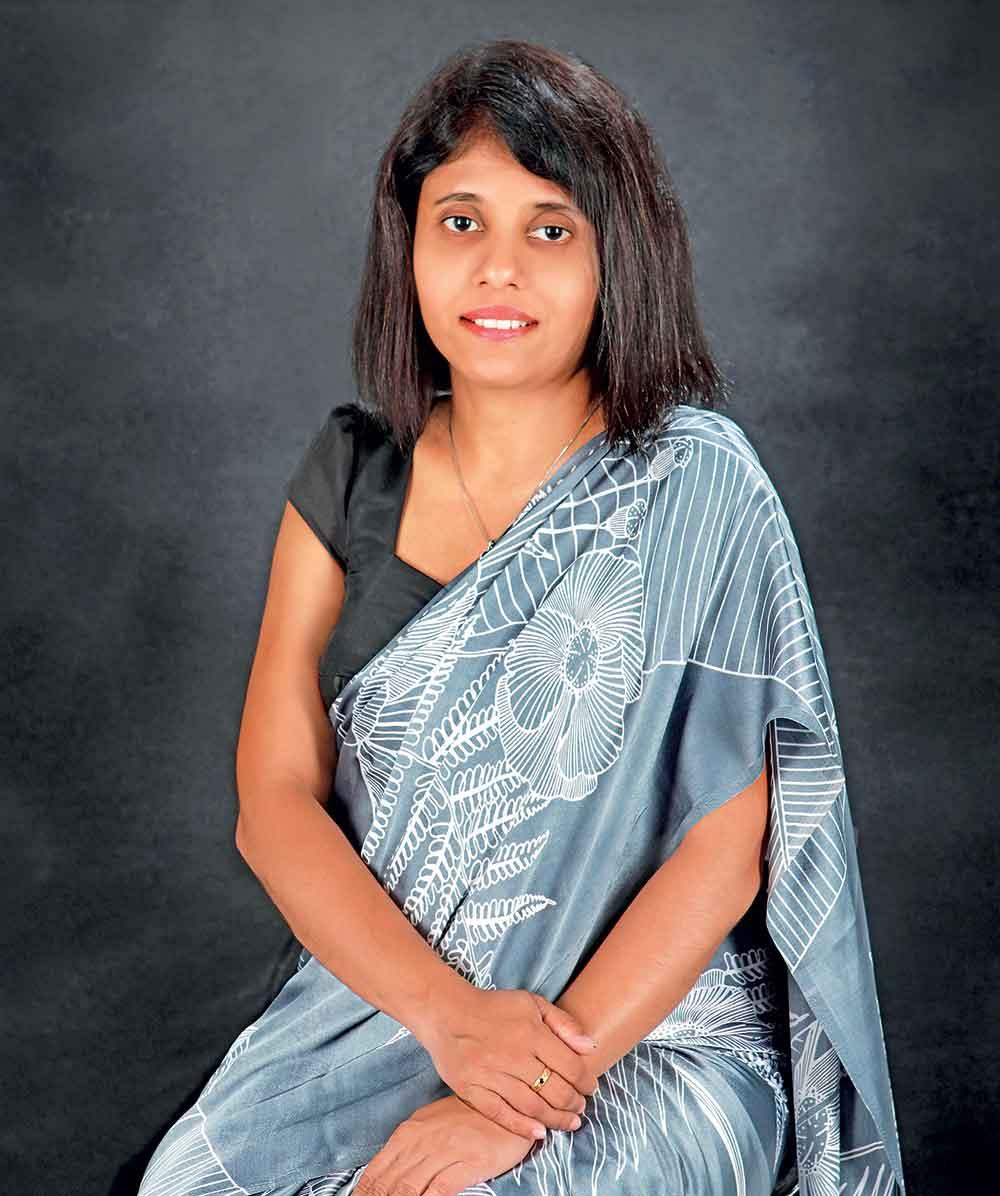
Q What has been the most challenging moment in your career, and how did you overcome it?
There were times in public service when we worked tirelessly, often long hours, with full commitment. But despite our efforts, results weren’t always immediately visible. That led to public frustration and criticism, and it was painful to be unfairly blamed or misunderstood. In those moments, staying positive and encouraging my colleagues not to lose heart was a real challenge. We responded by strengthening our communication with the public, making our work more transparent and accessible. We also made a point to engage with complainants directly and professionally. Over time, that helped restore trust and motivation. I learned a lot about resilience, communication, and leadership through that experience.
Q You hold academic credentials in law, public management, and conflict resolution. How have these diverse fields enriched your work?
Each discipline has shaped the way I think and work. Law gave me the tools to advocate and protect; conflict resolution taught me empathy and dialogue; public administration showed me how to navigate systems effectively. Having a cross-disciplinary background has allowed me to contribute meaningfully in various contexts. The knowledge I gained in Public Administration, for instance, has been applicable in nearly every institution I’ve worked with. That diversity has helped me take on complex roles with more confidence and insight.
Q What is your vision for the future of child and women protection in Sri Lanka over the next decade?
My vision is clear: a Sri Lanka where every child and woman can live free from fear, and where their dignity and rights are non-negotiable. I want to see robust legal protections, strong enforcement mechanisms, and a national culture that simply does not tolerate abuse or discrimination. That’s the future I’m working toward.
Q Childcare facilities remain a significant barrier for many working parents in Sri Lanka. Based on your experience, what changes or policies would you recommend supporting working mothers and fathers more effectively?
This is something I’ve faced personally. I had to resign from my full-time position at the National Child Protection Authority to care for my child, and it wasn’t an easy decision.
We urgently need more accessible, government-regulated daycare centers, ideally attached to workplaces. Flexible working hours and part-time opportunities are also essential. And I believe our school system should evolve to better support working families. These changes can make a huge difference in helping parents, especially mothers, stay in the workforce.
Q As a wife and mother, how have you managed to balance the demands of a challenging legal career while fulfilling your responsibilities at home? What advice would you give to women trying to do the same without burning out or compromising on either front?
I’ve always tried to manage my household responsibilities without compromising my professional goals. But I’ve also realized that if the traditional employment model doesn’t work for me, I have to find new ways. I’ve embraced a hybrid work model that allows me to fulfill both roles effectively. My advice to other women is this: don’t give up on your dreams. Advocate for flexible arrangements if you need them. Build a model that works for you. You don’t have to choose between being a good mother and a successful professional; you can be both.
Q Finally, as both a legal expert and a mother, what is your heartfelt advice to young mothers on how they can protect and empower their children in today’s fast-changing and often unsafe world?
We have to educate our children about safety, especially since our school system doesn’t offer comprehensive sexual education. It’s up to us, as parents, to provide that knowledge at the right time. It’s also vital to stay engaged with your child’s online life. But instead of over-controlling, guide them to make smart, responsible decisions. Empower them to understand their own boundaries and value themselves. That’s the best protection we can offer.
Chandima Dunuwila’s journey is a powerful reminder that meaningful change is possible when compassion, expertise, and determination come together. As a lawyer, mother, and advocate, she continues to inspire a more just and inclusive Sri Lanka, one child, one woman, one policy at a time.
RAPID FIRE ROUND
- Law or Leadership? Leadership
- One word that defines you professionally? Resilient
- A woman leader you admire the most? You; Dr. Sulochana Segera.
- Most inspiring book you’ve ever read? The Alchemist
- If you weren’t a lawyer, what would you be? A journalist
- Tea or Coffee during a tough case? Always tea
- Your go-to stress buster after a long day? Sleep, nothing beats it.
- Child rights, women’s rights, or human rights—if you had to choose only one to champion? Human rights, without a doubt.
- One thing people misunderstand about lawyers? That we’re only in it for the money!
- If you could change one law in Sri Lanka today, what would it be? I would reform the Muslim personal laws that still allow child marriage.


